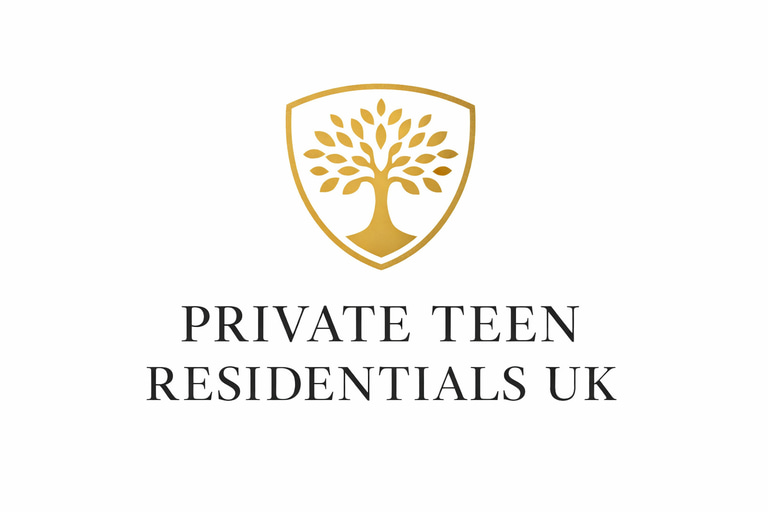5 Essential Tips for Supporting drug issues, alcohol issues, addictions"
Addressing issues of addiction, whether related to drugs or alcohol, can be incredibly challenging for families with teenagers and young adults. "drug issues, alcohol issues, addictions"


Understanding the Challenges
Addressing issues of addiction, whether related to drugs or alcohol, can be incredibly challenging for families with teenagers and young adults. The emotional turmoil and confusion that often accompany such situations can leave family members feeling isolated and helpless. Therefore, it is crucial to adopt strategies that foster understanding, communication, and support within the family unit.
1. Foster Open Communication
Encouraging open dialogues within the family is vital in supporting teenagers and young adults battling addiction. This means creating a safe space where individuals feel free to express their struggles without fear of judgment or reprimand. By actively listening to their concerns, families can better understand the underlying issues and emotions, which often play a significant role in addiction. Frequent check-ins and compassionate discussions can pave the way for crucial changes in behaviour.
2. Educate Yourself About Addiction
Knowledge is power, and this is particularly true when dealing with addiction issues. Families should take the time to educate themselves about the realities of drug and alcohol abuse. This includes understanding the physiological, psychological, and social factors that contribute to addiction. By arming themselves with information, families can dispel myths and foster better support strategies that align with the experiences of their loved ones.
3. Focus on Support, Not Enabling
One of the most challenging aspects of addressing a teenager's or young adult's addiction is differentiating between support and enabling. Families must strive to establish boundaries that discourage destructive behaviours while still offering unwavering love and support. This can involve participating in family therapy or support groups, which can provide guidance on how to approach their family member's addiction in a positive manner. It's essential to strike the right balance to avoid unwittingly encouraging the addiction.
4. Encourage Professional Help
While family support is crucial, it often cannot replace the role of professional intervention. Encouraging the young person to seek help from addiction specialists can be a pivotal step towards recovery. Families can assist by researching treatment options, such as counselling or rehabilitation programs, and discussing these openly with their loved ones. Participating in therapy sessions as a family can also improve relational dynamics and contribute to healing.
5. Prioritise Self-Care
Supporting someone with addiction issues can take a toll on a family’s mental and emotional health. It is equally important for family members to prioritize their own well-being during this process. This may entail seeking support through counselling, engaging in self-care practices, or joining support groups for families of addicts. By taking care of themselves, family members become better equipped to provide meaningful support to their loved ones while maintaining their own mental health.


